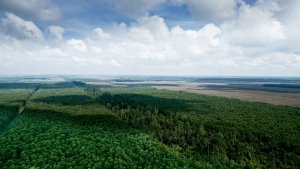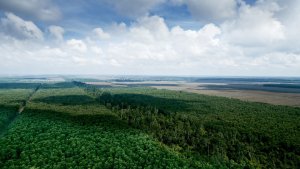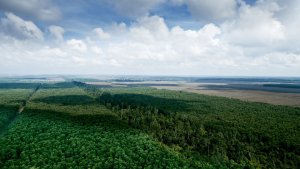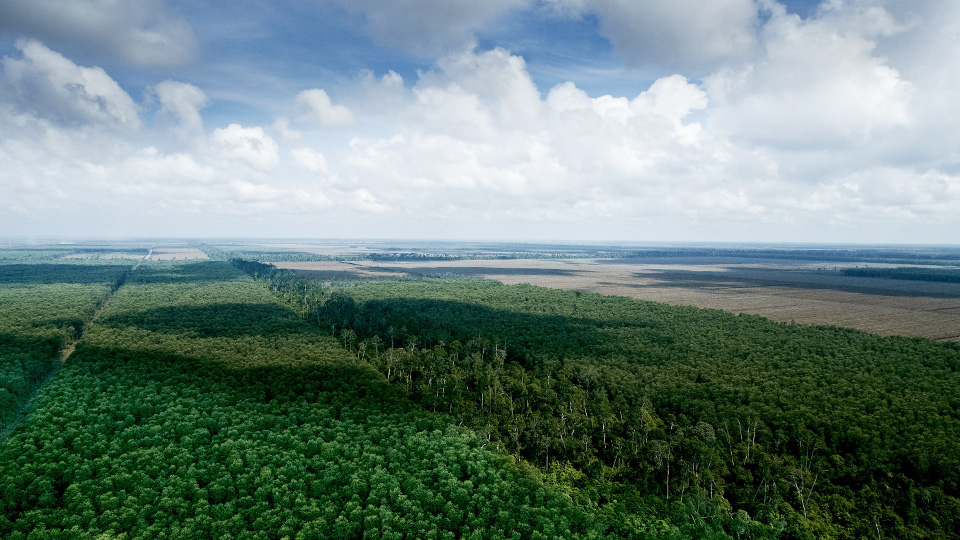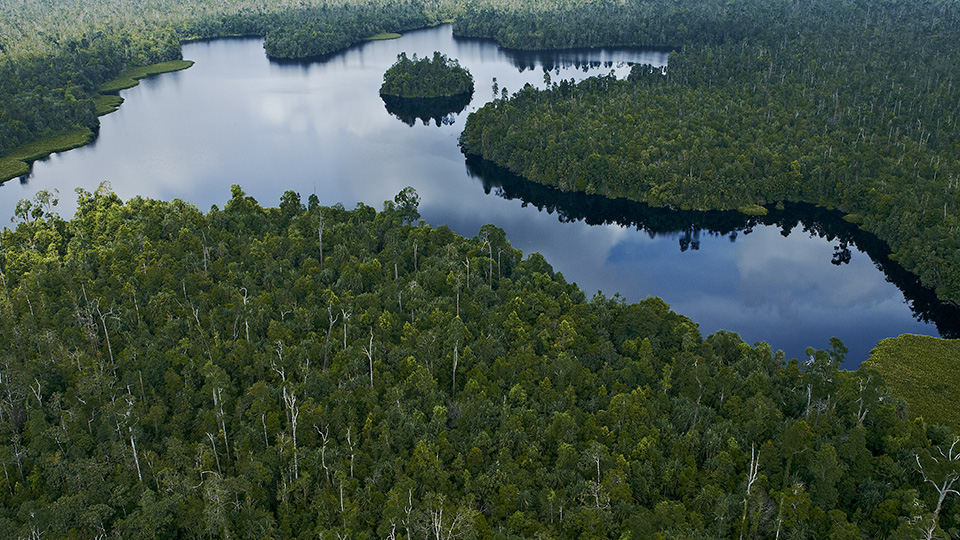Women able to earn livelihood through RAPP’s cloth weaving program
- Details
Thirty-year-old Rahmi admitted she felt extremely heavy-hearted when she learned that she had to leave her husband and two children far behind and spend three weeks without them.
“I’ve never been far from my family. Moreover, my daughter was only two years old at the time,” she recalled.
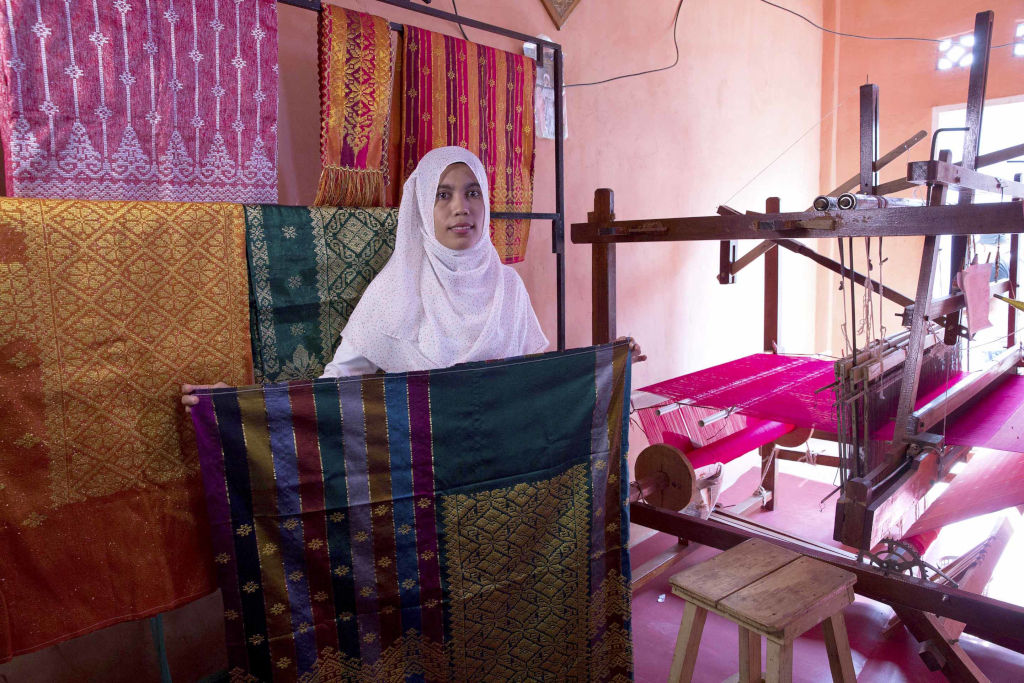
However, Rahmi knew she had to leave in order to improve her life – and her family’s. Up until then, she had been living in a small house with her family, with her husband being the sole breadwinner in the family working at a car wash place.
As she was yearning to contribute to the family’s livelihood, Rahmi was therefore happy when she was one of the two people to be selected by the Riau Andalan Pulp and Paper (RAPP) Community Development team to receive training in the art of fabric weaving in Pekanbaru, Riau.
Pekanbaru was 139km away from Pelalawan where Rahmi lived with her family but she was adamant that temporarily leaving to go and learn how to weave would be a key to improving their lives economically.
During the training, Rahmi learned basic weaving techniques and studied various weaving patterns, discovering the functions of each part of the loom.
Today, Rahmi has been transformed into an expert weaver in her village. She now weaves cloth in her house using a loom which was provided by RAPP.


“I am able to finish one piece of woven fabric between four and five days,” Rahmi shared, adding that she is able to earn IDR 1 million to IDR 2 million per month from the cloth she weaves.
Rahmi expressed pride at the fact that her first piece of woven fabric had been purchased by a then-director of RAPP.
“He was happy with it, so I was even more motivated (to continue weaving cloth after that),” she said.
Unfortunately, learning how to weave cloth didn’t come as naturally to Sri Mardiah, who was also selected by RAPP to undergo the training.
Sri found it difficult to develop the ability at first but eventually succeeded with RAPP’s guidance and assistance.
“They were very helpful and patient, and they also helped to promote and market the final product,” Sri said.
RAPP’s cloth weaving program, which began in mid-2017, is part of the company’s latest efforts to create income generation in the rural communities in Indonesia by giving them the chance (and required training) to earn a livelihood.
As part of the program, the company provides participants with training, looms and raw materials, and helps the weavers to sell their products.
"We took an interest in cloth weaving as it is cultural heritage which is starting to be forgotten, and we want to preserve it," said Raden Ade Pramono, Coordinator of RAPP’s Small and Medium (SME) Development Program.
"Cloth weaving contributes to the promotion of Indonesia’s textile industry, and the product also fetches a high economic value. Pangkalan Kerinci will soon witness the start-up of Asia Pacific Rayon (APR) factory which manufactures viscose-rayon."
Raden hopes that the program will eventually lead to Pelalawan having its own weaving centre.
“We want Rahmi and Sri to be examples in their villages. It is hoped that by training them – and others in the future – this area will be known for its expertise in weaving over time,” he added.
With its range of Community Development programs, RAPP continues to commit to support several of the United Nations’ Sustainable Development Goals, particularly SDG 1 on No Poverty and SDG 10 on Reduced Inequalities.
More Articles
